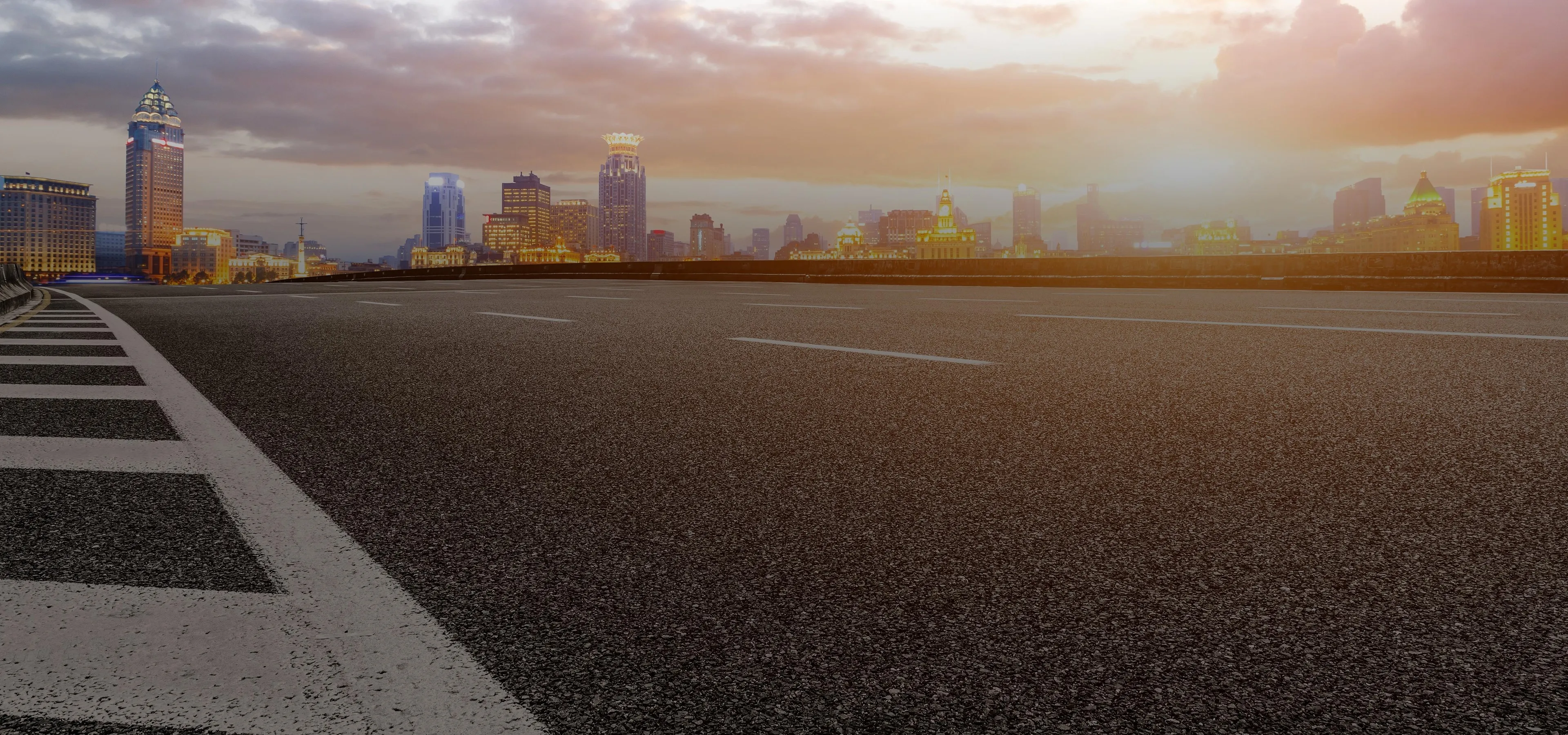Research group OpenAI, a research institute co-founded by Tesla CEO Elon Musk, says it is possible to trick driverless cars' neural networks into mistaking images for something else.
In a blog post published on OpenAI's website, Anish Athalye, an undergraduate studying computer science at the Massachusetts Institute of Technology (MIT), describes how it is possible to spoof objects by zooming on them by as little as 1.002 in a way that alters neural networks' perception.
The OpenAI example showed how an image of a cat could be made to appear as a desktop computer using a hacking technique called "adversarial examples," involving malicious input to machine learning systems.
The vulnerability poses obvious concerns about how signages and other roadside objects could be altered in ways imperceptible to the human eye so that a driverless car's neural network might mistake a stop sign for a tree or another object, for example.
The OpenAI blog post was in response to a paper published by Cornell researchers claiming it was very difficult to spoof neural networks.
We've created images that reliably fool neural network classifiers when viewed from varied scales and perspectives. This challenges a claim from last week that self-driving cars would be hard to trick maliciously since they capture images from multiple scales, angles, perspectives, and the like.
If anything, the description of the OpenAI hack, in the spirt of total transparency for better security, alerts researchers and engineers about one of many vulnerabilities to follow so they can be fixed. While someone with very malicious intent could use the knowledge to cause harm, there are also many easier ways to cause death and mayhem, instead of engineering a subtle attack requiring advanced knowledge of physics and artificial intelligence programming.
Former Tesla Engineers Form Mapping Startup
Two former engineers from Tesla have formed Lvl5, which will offer mapping software for driverless cars. The co-founders are Andrew Kouri, who left his position as a Tesla Autopilot engineer in December, and Erik Reed, who was a software engineer at Tesla from 2015 until 2016. They say the software Lvl5 offers does not require data from LiDAR sensors, following Elon Musk's lead who has said Tesla models will never use LiDAR, and that the carmaker has opted for sonar, radar, and passive camera systems instead. According to Automotive News, the company launched yesterday and has raised $2 million in financing so far.
Elsewhere in the News
Comcast petitions the Federal Communications Commission (FCC) to overturn net neutrality rules by allowing for higher-speed services reserved for driverless data networks. France-based Navya Technologies has begun to offer low-speed shuttle services at the La Defense business district near Paris.
- Follow Driverless on Facebook and Twitter
- Follow WonderHowTo on Facebook, Twitter, Pinterest, and Google+
Cover photo via Waymo/Youtube

























Comments
Be the first, drop a comment!